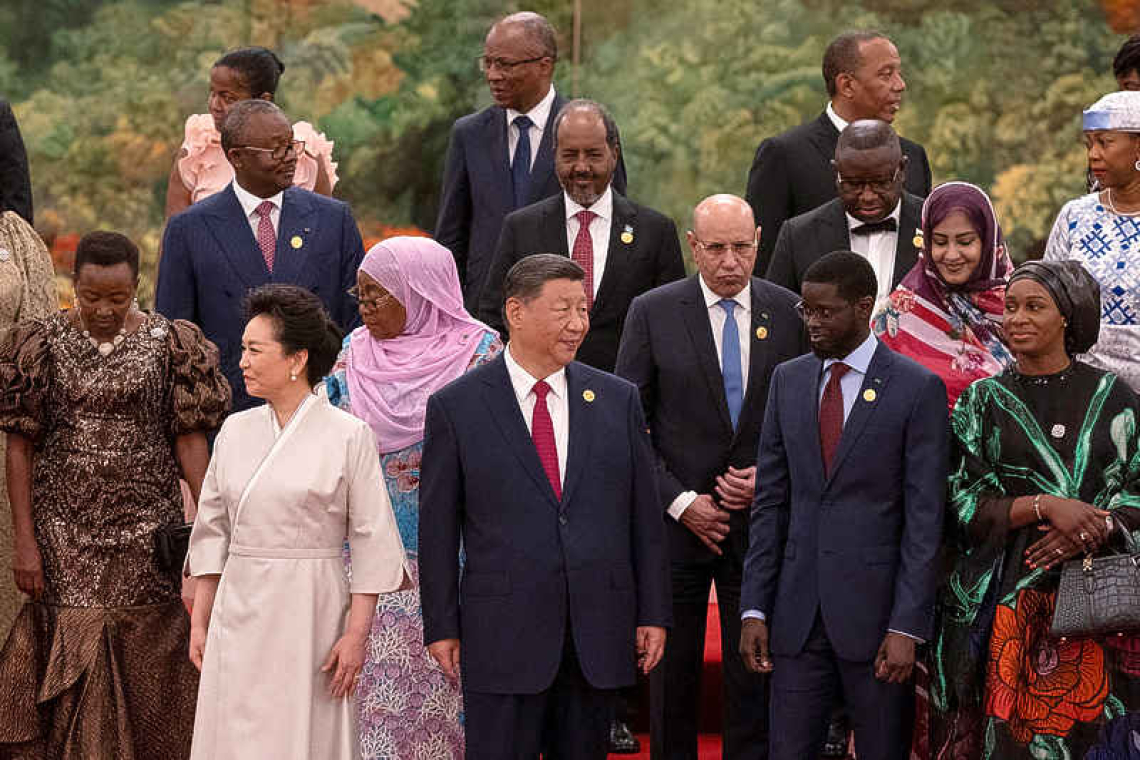NAIROBI--A China-Africa summit in Beijing this week takes place as a continent slowly emerging from a series of defaults seeks to define its future cooperation with the Asian nation that partly fuelled its debt binge and now faces its own economic headwinds.
Africa and its ample mineral and oil resources and population of more than 1 billion people have become the focus of intense geopolitical competition in recent years between global powers like China, Europe and the United States. With China now Africa's top bilateral lender, the visiting heads of state bring expectations of a major concession on debt restructuring, said Yunnan Chen, research fellow at the UK-based think tank Overseas Development Institute. "I would suspect that it will end up being a bit more low key," she said, adding that China has been "recalcitrant" on the debt issue due to the complex web of state lenders and other institutions involved. When it comes to restructuring, China has tended to focus on extending maturities rather than writing off debt, though details of agreements reached - or indeed conditions of the original loans - remain scant. While the Paris Club of creditor nations, the International Monetary Fund and the World Bank have decades of experience of navigating debt restructuring proceedings for poor countries, China's lending to Africa took centre stage as the pandemic struck. The Forum for China-Africa Cooperation (FOCAC) launched in 2000 and took on an enhanced role after the 2013 inception of President Xi Jinping's Belt and Road Initiative (BRI), which aims to recreate the ancient Silk Road. China unveiled a $60 billion financing package at the 2015 FOCAC, and repeated that in 2018. By the summit in Dakar in 2021, Beijing pivoted to trade and investments - a shift largely due to domestic financial pressures, the onset of COVID-19 and a commodities crash that hurt African economies. Chinese lenders approved loans worth $4.61 billion to Africa last year - the first annual increase in seven years - but still significantly below its 2016 peak. Turning off the cash spigot has left incomplete railways and roads, from Kenya's modern railway line to Uganda, or a $450 million highway linking Cameroon's capital Yaounde to Douala. That has worsened the headache for African leaders trying to boost growth amid rising debt repayments, sluggish government revenues and unrest driven by inequality in Kenya and Nigeria. The African Development Bank puts Africa's annual infrastructure financing deficit at $100 billion.







